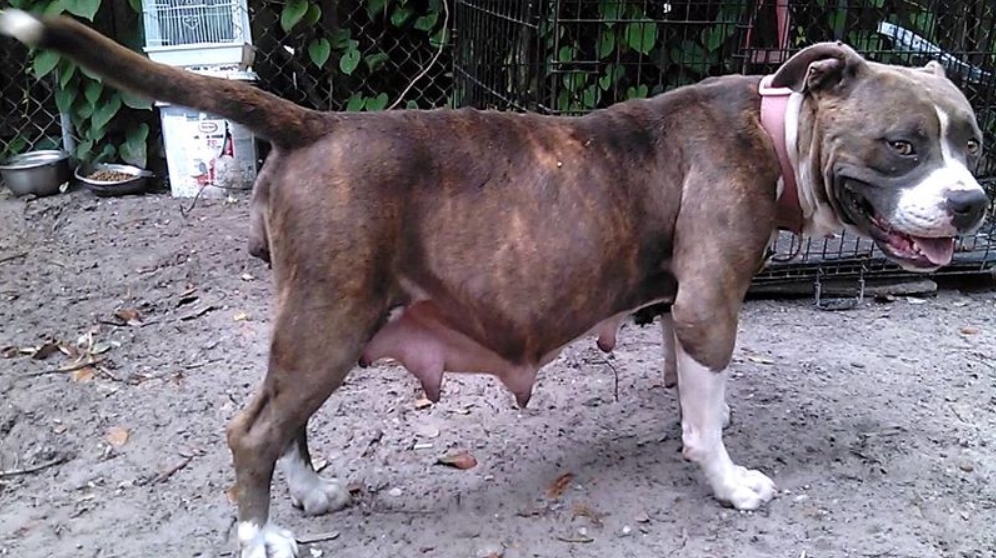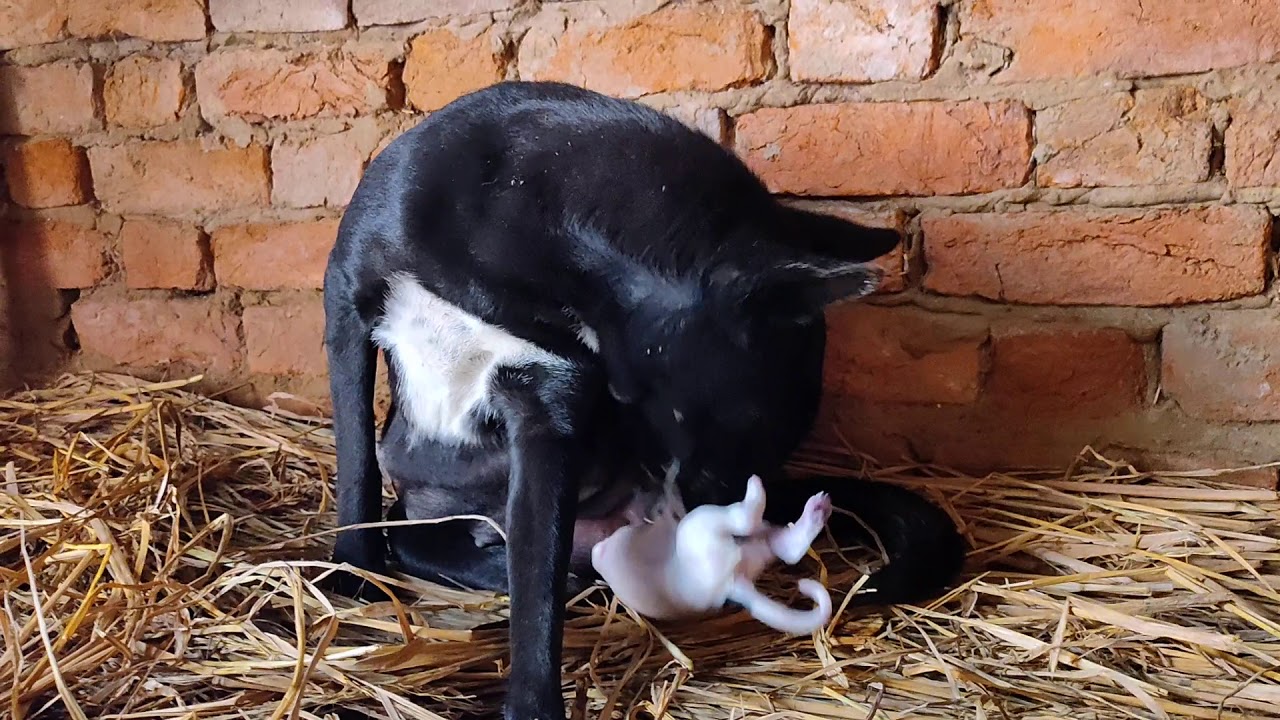All dog breeds are pregnant for a period of around nine weeks, however smaller breeds of dog and Brachycephalic breeds are more likely to experience complications during pregnancy; Pregnant Dog Care Tips.
If you are thinking about breeding your dog, ensuring your dog is in good health before deciding to breed her and will help increase the chances of her staying fit and well throughout her pregnancy and delivering healthy puppies.
While some medications are safe for pregnant dogs, many should be avoided and could even prove harmful to your dog and her unborn litter.
Welcoming a new litter of puppies into the world is very rewarding, but dog pregnancies can be confusing and stressful, as well as time-consuming and costly.
If you are considering breeding your dog, you should be familiar with your breed’s standard as well as the responsibilities you’ll have in raising healthy well-socialized puppies. You will also need to know the signs of pregnancy in dogs and how best to care for your pregnant dog.

Dogs are pregnant for approximately 62-64 days, or about two months, although the Merck Veterinary Manual says, “predicting the timing of a delivery can be difficult because the date of breeding does not always match the date of conception. The length of pregnancy can also vary with breed and litter size.”
Signs of Pregnant Dog Care Tips
Diagnostic testing isn’t the only way to determine whether a dog is pregnant, although it is the most accurate. There are signs of dog pregnancy you can watch for, including:
- Increase in appetite
- Weight gain
- Increase in nipple size
- Swollen belly
- Tires more easily
- Nesting behavior
- More affectionate
- Irritability
- Vomiting
Caring for a Pregnant Dog
Once you have noticed that your dog is pregnant, there are some steps you should take to make sure she stays healthy throughout her pregnancy.
Proper Nutrition For the Pregnant Dog
One of the most important things you can do for your pregnant dog is to make sure she receives proper nutrition. If your dog is already on a quality diet and is at a healthy weight, you won’t have to make any changes to her diet for the first two-thirds of her pregnancy unless otherwise directed by your veterinarian. In fact, increasing the amount of food at this stage can be harmful. Increase her intake slowly and feed her small, frequent meals, as large meals can cause discomfort.
Exercising the Pregnant Dog
Your dog should continue to have a gentle exercises like walking; chasing the ball during early pregnancy, getting toward the midpoint of the pregnancy the pregnant dog should only have light and moderate exercise. “During her last trimester, the best exercise for your dog should not be overly strenuous.
Visits to the Vet
Before you breed your dog, take her to the vet for a prenatal checkup. She should be up-to-date on vaccinations. Your vet will probably check for intestinal parasites or just have your dog de-wormed with an appropriate medication suited for your dog prior to mating. Regular veterinary visits can help your dog stay healthy during pregnancy.
Whelping the Pregnant Dog
Whelping can last anything from a few minutes to several hours, and while many dogs manage well by themselves, it’s important to monitor her every 15 minutes or so in case you need to intervene.
The first puppy will be born surrounded in an amniotic sac, and if your dog doesn’t break this thin membrane herself, you must remove it to enable the puppy to breathe. Similarly, if she doesn’t break the puppy’s umbilical cord, you can assist by tying a thread around the cord before cutting between the knot and placenta. Your dog will also lick and clean the puppies, but if she ignores them, you can rub them gently with a clean towel to dry them off and stimulate their breathing.
Make sure the puppies are warm and dry and receive some of the dog’s first milk within 24 hours. It’s a good idea to take your dog and her puppies to the veterinarian 5-6 hours after the birth for a check-up to ensure the whole litter and placentas have been delivered safely and all dogs are in good health.

Preparing for Puppies
As the end of your dog’s pregnancy approaches, you’ll notice a significant enlargement of her breasts and nipples and might even detect some milky fluid as the milk glands develop and enlarge. Her abdomen will increase in size and may sway a little as she walks. At the very end of the pregnancy, you might even be able to see or feel the puppies moving around inside the mother.
RECOMMENDED ARTICLES
- Mastiff Dog Breed – 8 Exclusive Body Characteristics, Behaviour and Health
- Leonberger Dog – 4 Comprehensive Body Characteristics, Behaviour And Health
- 3 Basic Causes of Breathing Difficulties In Dogs, Symptoms, And Treatment
- Constipation in Dogs – 15 Exclusive Causes, Symptoms, And Treatment
- Hematuria In Dogs – 8 Basic Causes, Symptoms And Treatment
If you like, please share it. Sharing is usually caring.

